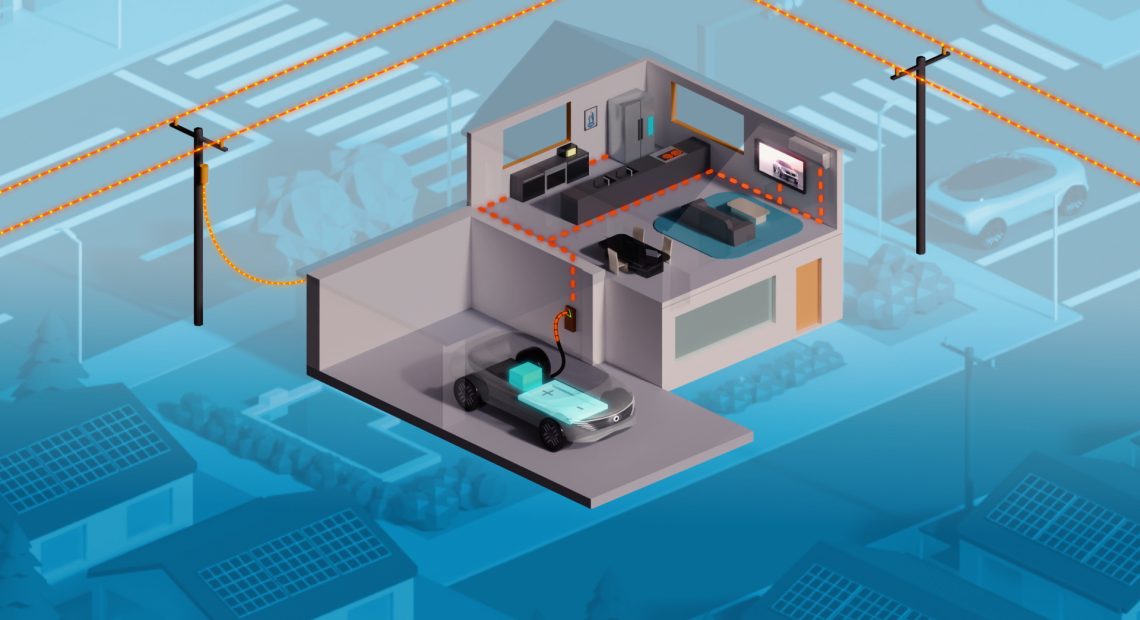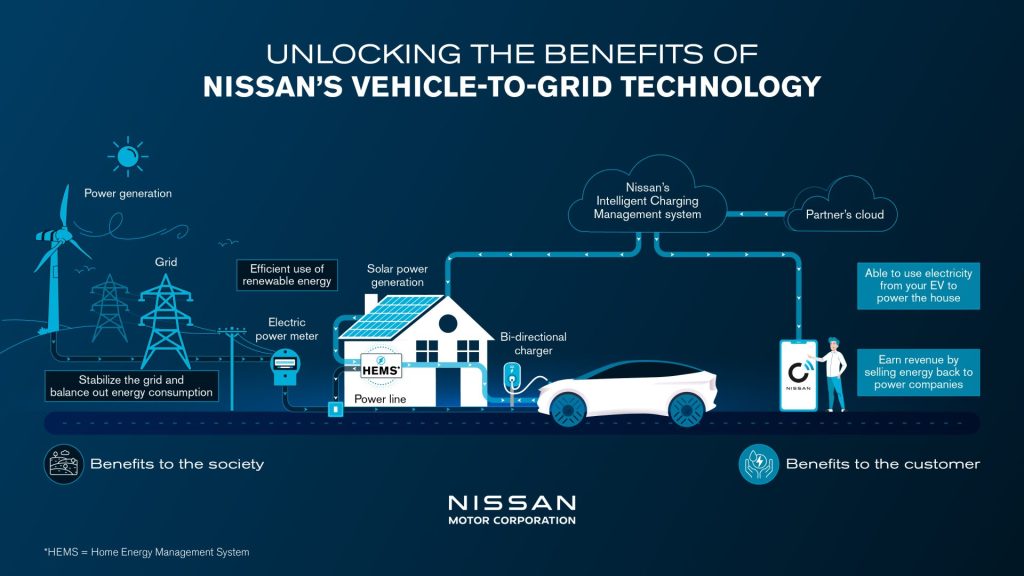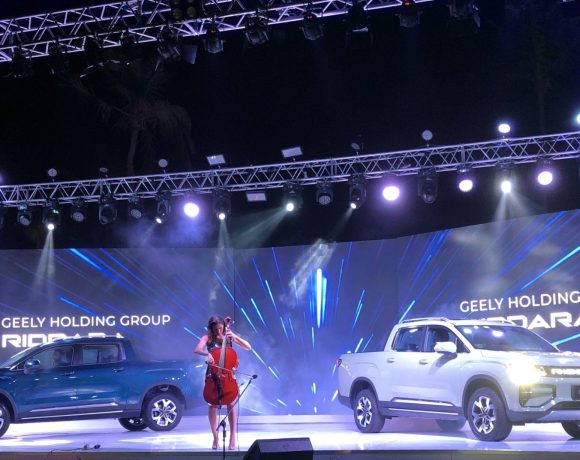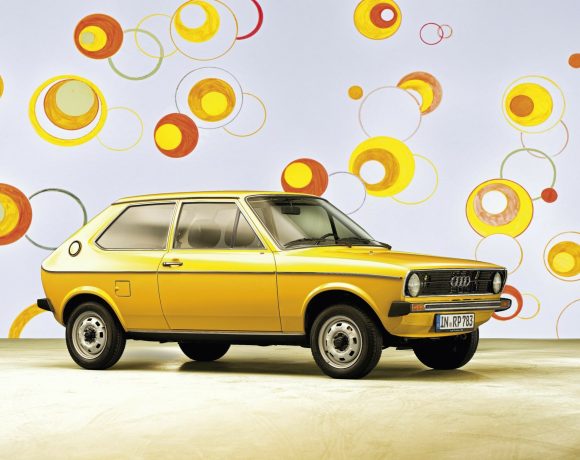Nissan to unveil affordable bi-directional charging for EVs in 2026

A pivotal shift in utilising EVs
Nissan Motor Co. has announced plans to launch affordable bi-directional charging technology for selected electric vehicles (EVs) starting in 2026. The initiative aligns with Nissan’s business plan, dubbed ‘The Arc,’ which aims to introduce innovative solutions that facilitate the transition to electric mobility while unlocking new revenue opportunities.
This ambitious initiative reinforces Nissan’s long-term vision, Ambition 2030, which seeks to foster a cleaner, safer, and more inclusive world. With the launch of affordable bidirectional charging, Nissan is positioning itself as a leader in the electric vehicle market, paving the way for a future where EVs play an essential role in energy sustainability and management.
By manufacturing sustainable EVs with zero emissions, Nissan aims to ensure that these vehicles can be charged with clean energy and supply power to homes and back to the grid.
Introducing vehicle-to-grid (V2G) technology represents a pivotal shift in utilising EVs. This technology enables vehicle owners to draw upon the electricity stored in their car batteries to power their homes or sell excess energy back to the grid.
V2G-equipped EVs
As renewable energy sources become increasingly vital, V2G-equipped EVs can significantly enhance the integration of solar and wind power into the energy supply, thereby reducing dependence on fossil fuels.
Hugues Desmarchelier, Vice President of Nissan’s Global Electrification Ecosystem & EV Programs, emphasised the transformative potential of this technology. “This technology we will bring to customers is a potential game-changer for how we think of EVs.
“Not just as a means of getting from A to B, but as a mobile energy storage unit that can save people money and support the transition from fossil fuels, bringing us closer to a carbon-free future,” he stated.
Nissan’s commitment to V2G is backed by extensive research and experience. Over the past decade, it has conducted approximately 40 pilot projects across various global markets.

Nissan’s successful year-long trial at the University of Nottingham in the UK was a notable achievement in this area. The company became the first automotive manufacturer to receive G99 Grid code certification for an AC-based solution. This certification allows Nissan to contribute electricity to the UK’s national grid, validating the scalability and reliability of its bidirectional systems.
As part of the rollout, Nissan plans to introduce V2G technology in the UK before expanding to other European markets. The systems will be tailored to comply with local infrastructure and regulatory requirements, offering consumers both AC and DC-based V2G solutions.
Notably, the AC bidirectional system that has received UK certification is designed to feature an integrated onboard charger, which aims to reduce users’ entry costs.
Nissan intends to price its AC bi-directional charger similarly to existing mono-directional chargers, making it accessible to a broader audience. This affordability is crucial for encouraging widespread adoption of the technology.
Furthermore, Nissan’s V2G system will empower customers with enhanced control over their energy use through a dedicated app, enabling them to manage their energy consumption efficiently. This initiative is part of Nissan’s broader strategy to establish a fully integrated energy ecosystem.
Featured image: Nissan plans to introduce V2G technology in the UK before expanding to other European markets. Credit: Nissan
Last Updated on 5 months by Arnold Pinto













